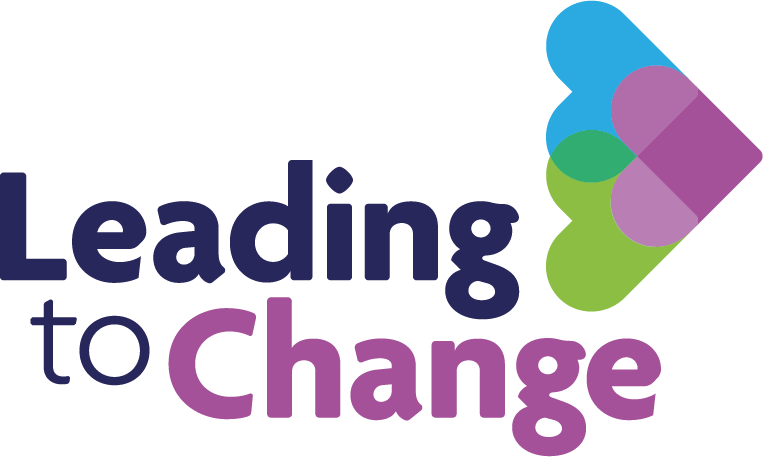What we learned as curators and custodians of community led engagement
29/08/2022 -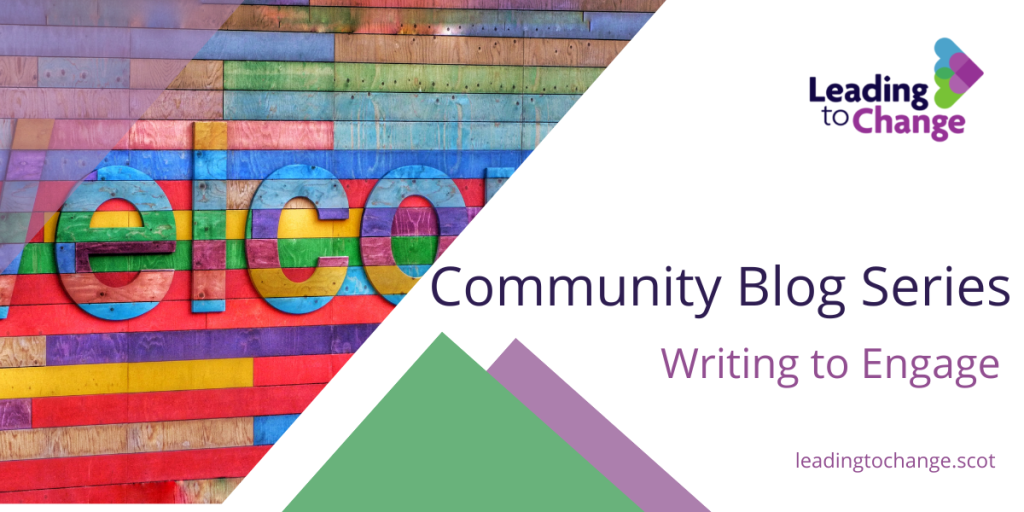
A safe space to truly listen and discuss the challenges we face and questions we have,
As Project Lift isn’t tethered to a single organisation it feels like you have the freedom to explore these concepts.
Final Evaluation Survey Respondent
There is nothing more personally and professionally rewarding than the opportunity to do work that has a genuine impact on people and when that work has come from others for others there is something really human about it.
We’re referring to the Project Lift Community Engagement work that started with Sea Salt Learning back in 2018 and developed into a creative and collaborative partnership with Kaleidoscope Health and Care. Over the past 3 years we have worked hard to put aside all notions of ‘expert’ and ‘doing for’ (often experienced as ‘doing to’) and to step forward into a practical and impactful way of ‘listening to’ and ‘doing with’ and being ‘in service of.’
‘Letting go has brought us more than holding tight.’
Here are our reflections on what we have learned by getting out of the way and creating space for community to lead.
- We are the custodians not the creators of this work and as such it is our duty to honour the contributions, time, and connection that community members have given, The content of our 2021/2022 series report is an example of content we have analysed and presented but that has been created by participants, contributors and teams who have helped get the message out there and people into our conversations.
- It has been a privilege to make the invisible visible through bringing together a range of contributors and connections to reveal that there really is more that connects us than separates us. The feedback that these events felt inclusive and safe has been a real encouragement to us as an enabling collaborative. This approach also included asking for feedback from those who didn’t come to our events to understand their views and avoid an echo chamber effect.
- We are one offer in a densely populated development landscape but we do fulfil a need for this kind of event, run in this kind of way with this kind of community ownership. There are many digital events, webinars, online conferences and offers yet we have been told by those who come, and by those who wanted to but couldn’t, that this type of event is wanted, needed and different.
- Data is just data until you reveal the story it has to tell. We have collated a lot of data over this events series and the temptation is to tell everyone everything. Yet in this current climate no-one wants to read all the data, only those with a deep and vested interest want to know the full evidence base and even then they are also pushed for time and attention. To do the evaluation process, the time taken to feedback and the work to collate and analyse the data justice, we must reveal the story that it holds. This is the skill and this is the gift. ‘So what?’ is still the most effective question we can ask and the one that can unearth the real learning on offer.
- Let go and let things come – trust the process and be patient. It would have been easier and quicker to sit in a Teams call and just decide what events we would run, on what topics, when and who we would ask to speak. Yet that would have been our views from our context. We knew that to have a community led series would require an inquiry approach and that this would take more time and deep listening.
- Accept the outcomes – who shows up is who is meant to show up. It is impossible to be all things to all leaders at all levels and we could never offer events that would appeal to everyone and attract everyone. Those who came were those we focused on and the result was opportunity for real engagement with real people in smaller conversations – which in turn gifted us with richer collective learning.
- Self Agency is not always enough to enable leaders in all roles to attend when they want to . We know that we work in a system where committed people have to pull out at the last minute due to patient, service or team needs but where encouraged when people who were time poor, often coming on their lunch break or between visits and meetings, would stay to hear from leaders across our system, comment in the chat with questions and thoughts and then follow up with our insights packs to see what else came from the sessions.
- In a complex system, learning needs to be extensible. Traditionally digital events have a significant ‘no show’ rate and while we did all we could do to minimise this, we also accept that in a service and care system there will be times when people cannot come. There was a real desire to hear from the contributors especially when there was a mix of senior and less so, from different roles, organisations and backgrounds and those with views on different topics and themes. Some only had 30mins to spare in a lunch break and missed the small group connection and this led to us revisiting our Insights Packs – they now include video footage from the sessions as well as collated insights from all of the breakout conversations and key themes and practical tips that came from the full group. These are available as open resources on our past events page and we also have a guide to running your own event.
- Its not always about finding the ‘answer’. Our events were not training events about ‘how to do leadership’ and they were not even masterclasses from those who had successfully gone before – they were about the learning that could be gained from the collaborative and collective thinking that comes from listening to the experience of others, positive and negative, sharing our thoughts and reflections and then shared sense-making together. This is what has brought together the 12 Indicators of Good Leadership from the 2020-2021 series and the build on that in the 2021-2022 series ‘Small things matter: 10 practices to embed good leadership’
- Always, always be curious. We have saved the best until last. Without curiosity and humility we would not have enabled Kaleidoscope to bring their full creative experiences, or brought in wider and more open thinking from them, their partners and our contacts, We would not have found so many interesting, amazing people who have shared their stories, their good times, bad times, hard times and leadership learnings. We would not have witnessed so many connections, heard so many find others to challenge their own thinking, those who hearten and encourage. We would not have had a community led, community owned events series,
Between us we have over half a century of experience in leadership development, OD and learning yet we challenged ourselves to hold that as ‘intellectual wallpaper’, allowing it to inform our curiosity rather than drive us to provide the answers or to ‘fix the problem’.
As a result we have learnt more from a rich, varied and engaged community than we could ever have thought up ourselves.
And for that we are thankful.
Our thanks to Jenni Jones and Sara Dewar for this blog, as the Project Lift leads on the Community Digital Events Series 2020/2021 and 2021/2022 supported by Kaleidoscope, our Community partners.
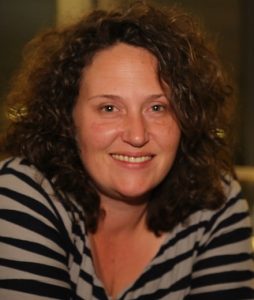
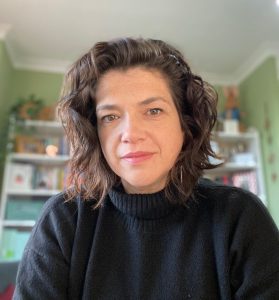
All information regarding our contributors was correct at the time of publishing.
What is this for?
Click this button to record your learning in the Leading to Change app. If you have a profile in the Leading to Change app you now have the ability to record any learning showing this button. If you do not have a profile you can register with a TURAS account or create one for free.
5 minutes and 00 seconds till you can record this learning activity
We have estimated that this resource will take 5 minutes to complete. Once the timer below is complete you will be able to select ‘Record your learning’.
